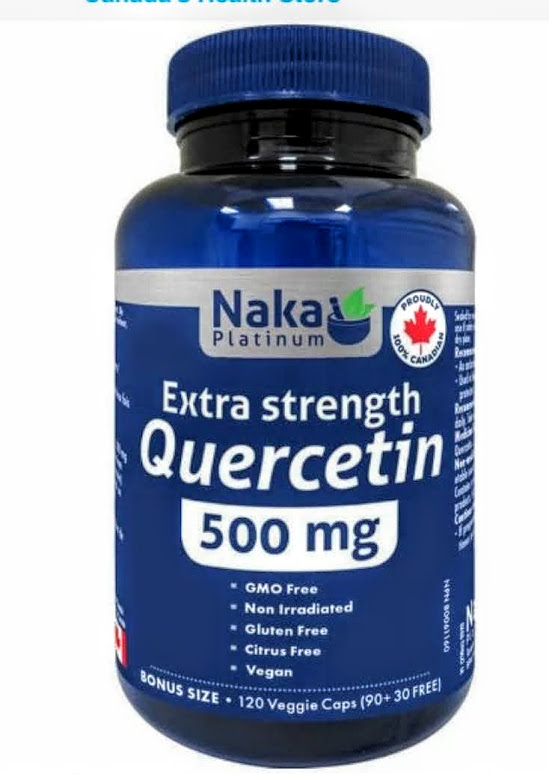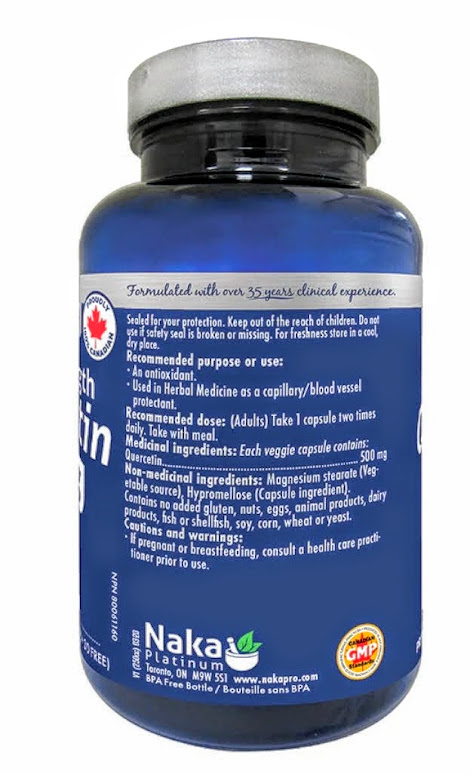Description
How Do Quercetin Supplements Strengthen Your Immune System?
Your immune system is one of the most valuable components of your body because it fights off infections and illness from bacteria, viruses, fungi, pathogens, and other sources responsible for illnesses and chronic health conditions.
What is Quercetin?
Quercetin is a plant pigment often found in brightly colored fruits and vegetables such as leafy greens, apples, teas, and berries. It is known as a potent antioxidant.
Quercetin has strong antioxidant and anti-inflammatory properties, making it an excellent agent to reduce the risk of cancer cell growth and chronic inflammation. Quercetin also helps control and manage blood sugar levels. It prevents heart disease by improving insulin production and sensitivity. Quercetin can reduce cytokine production, protect against free radical damage, and is noted for its antiviral activity.
Properties That Make Quercetin Unique:
Anti-allergy: Scientists speculate that quercetin might work for allergy sufferers by preventing histamine release in mast cells, thus preventing them from releasing chemicals in an allergic response by the immune system (when it becomes overactive). Quercetin may offer relief for asthma sufferers or those with severe seasonal allergies.
Anti-inflammatory: Inflammation is the body’s way of healing itself after injury or during infection. It involves blood vessels expanding to allow more blood through and also allowing fluid to leak into tissues.
However, in cases of autoimmune disease or severe illness, the immune system may go into overdrive and produce too many cytokines that can lead to cell death and increased inflammation as the body tries to control the illness. Cytokines help signal the immune system. Quercetin may prevent the over-production of cytokines and cytokine storms from the immune system in response to illness, which can help with better outcomes and reduced inflammation.
Help slow the growth of cancer cells: Quercetin appears to slow the growth and spread of cancer cells and might also help induce apoptosis (program cell death) in certain types of cancer cells across many different organs and tissues. It may prove a useful tool in preventing cancer growth and proliferation.






